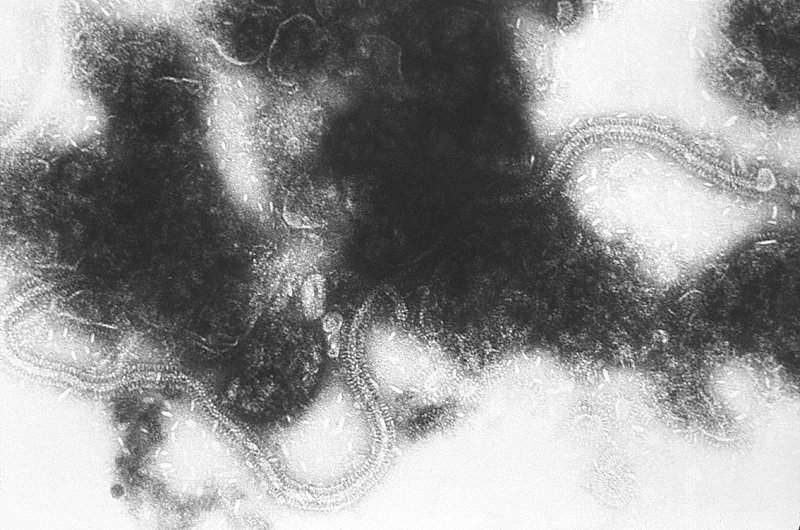

Belgium-based biopharmaceutical company Ablynx has initiated its Phase IIb RESPIRE study of ALX-0171 to treat respiratory syncytial virus (RSV) infection.

Discover B2B Marketing That Performs
Combine business intelligence and editorial excellence to reach engaged professionals across 36 leading media platforms.
ALX-0171 is an inhaled nanobody drug candidate that fuses to the F-protein of RSV, thereby inhibiting viral replication and neutralising RSV activity by blocking virus uptake into cells.
The structure of the nanobody enables its administration through direct inhalation to the site of infection.
The Phase IIb Respire study is being conducted as a randomised, double-blind, placebo-controlled, international, multicentre dose-ranging study to test efficacy of three different doses of inhaled ALX-0171 by administering it to 180 infants who were diagnosed with RSV and hospitalised for a lower respiratory tract infection.
The subject will be administered with inhaled ALX-0171 on a once-daily basis for three consecutive days.

US Tariffs are shifting - will you react or anticipate?
Don’t let policy changes catch you off guard. Stay proactive with real-time data and expert analysis.
By GlobalDataThe study is divided into two parts, the sequential dose escalation part, which will enrol about 36 infants, and a parallel part that will include about 144 infants who will be randomly divided among one of the three dose groups of inhaled ALX-0171, or placebo.
The study is primarily focused on determining the anti-viral effect of ALX-0171 by analysing the nasal swabs.
The secondary endpoints of the study are to determine safety, pharmacokinetics, clinical activity and assess composite clinical scores such as the global severity score and time taken for a clinical response.
Ablynx CEO Dr Edwin Moses said: “Ablynx is a pioneer in the development of a specific treatment for RSV infections.
“The start of this efficacy study in hospitalised infants with a RSV infection is another important step forward. If recruitment goes to plan then the study is expected to be completed in the first half of 2018 with results anticipated by the end of 2018.”
ALX-0171 has demonstrated an anti-viral effect against a range of RSV strains within in-vitro models and was tolerable in multiple Phase I clinical studies in adults and a Phase I/IIa study in hospitalised infants with a RSV infection.
Image: Micrograph depicting RSV pathogen. Photo: courtesy of Dr. Erskine Palmer / Centers for Disease Control and Prevention's Public Health Image Library (PHIL).





